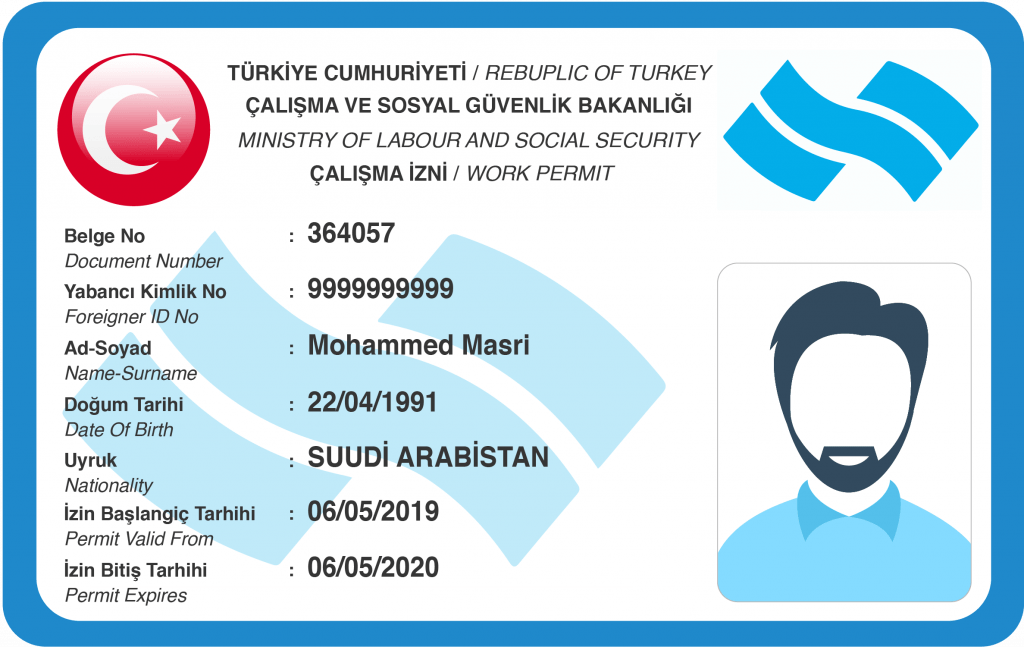Transitioning from freelancer to business owner in Turkey is akin to navigating a bustling marketplace, full of opportunity yet not without hurdles. Many freelancers dream of turning their solo gigs into a fully-fledged business, but where to start? This guide sheds light on the journey from freelance to entrepreneur, providing business transition tips and insights into starting a business in Turkey. With the vibrant Turkish economy and its unique challenges, a step-by-step approach becomes imperative. Whether it’s understanding the legal landscape or mastering the nuances of a business strategy, the Turkey business guide outlined here offers an essential roadmap. The path is rarely straightforward, but with persistence and the right tools, freelancers can find success on the Turkish business stage. If you’re ready to make that leap, arm yourself with these insights and step confidently towards your new venture. It’s time to turn your freelance dreams into business reality.
Navigating Legal Frameworks: Key Steps for Freelancers in Turkey
Understanding the legal frameworks is crucial when shifting from freelancer to business owner in Turkey. First, familiarize yourself with the business registration process. This step is fundamental in turning your freelance services into a recognized entity. Next, acquire a comprehensive understanding of tax regulations, which differ significantly from freelancing. Understanding tax laws specific to Turkey can save you headaches down the road. The Turkey business guide will be your ally here. Licensing and permits can also be a tricky terrain. Ensure you have the necessary documents to operate legally. These business transition tips can make a world of difference in your journey from freelance to entrepreneur. Networking with fellow business owners in your field might offer practical insights. It’s your roadmap to smoothly transitioning and successfully starting a business in Turkey. Navigate this initial phase wisely and you’ll lay a strong foundation for your new venture.
Another significant legal step involves choosing the right business structure—a decision that impacts your tax liabilities and regulatory responsibilities in Turkey. Whether you opt for a sole proprietorship, limited liability company, or a partnership, each comes with its distinct rules and regulations. Once your structure is chosen, register your business with the Trade Registry Office. This official step is pivotal, ensuring your business is recognized and operates legally. As part of this process, you’ll need to open a business bank account in Turkey, aiding in streamlined financial management. Moreover, acknowledge the importance of obtaining a tax identification number, a key identifier for your new business. Amid these tasks, consider hiring a legal consultant or accountant who’s well-versed in Turkish law. Their expertise could be invaluable, providing you with business transition tips and supporting you throughout your journey from freelancer to business owner in this vibrant economy.
Tackling these legal frameworks can seem daunting, but breaking them down step by step makes life easier for freelancers transitioning to business owners in Turkey. Begin by scrutinizing any freelance contracts and ensuring they’re in line with your newly established business interests. This shift from freelance to entrepreneur mandates a fresh look at agreements, safeguarding your new venture. As you explore starting a business in Turkey, understand the nuances of employment laws if you plan to hire a team. Learning these laws now preemptively addresses potential roadblocks. Don’t overlook data protection regulations, especially if your business deals with sensitive information. The Turkey business guide offers invaluable insights here. Handling these aspects with precision paves your path from freelancer to business owner. Remember, each step taken meticulously sets a solid legal foundation, empowering your business to thrive within the vibrant Turkish market. Arm yourself with these business transition tips today.
Building a Sustainable Client Base: Strategies for Long-Term Success
Building a sustainable client base is much like cultivating a garden; it’s all about patience, care, and strategy. As you transition from freelancer to business owner, establishing strong relationships with your clients becomes the cornerstone of your journey. Adopting effective business transition tips will help you convert one-time gigs into long-term partnerships. Start by identifying the needs of your market in Turkey and tailoring your services to meet those demands. With the Turkey business guide at your disposal, you can refine your approach and offer solutions that stand out. It’s not just about getting more clients, but about nurturing those connections, turning freelance to entrepreneur into a seamless process. Reflect on feedback, enhance your offerings, and ensure you’re always providing value. With these strategies in hand, starting a business in Turkey becomes not just a possibility, but a pathway to sustained success.
Networking plays a pivotal role in the freelancer to business owner journey. Much like weaving a net, it’s about connecting threads that hold value. In Turkey, personal connections drive business growth and it’s crucial to leverage them. Attend local industry events and workshops to meet potential clients and partners. Use platforms like LinkedIn to showcase your transition from freelance to entrepreneur. This is more than just a digital handshake; it’s an introduction to your brand. Stay genuine and engage actively. The power of word-of-mouth in Turkey cannot be underestimated. Ensure every interaction echoes professionalism. Integrate these business transition tips into your strategy. Align your presence with the rich Turkish business culture and let it reflect in your client relations. Use the Turkey business guide as your compass and steer towards sustainable success. Building connections isn’t just strategy; it’s the backbone of starting a business in Turkey.
Consistency is key when building a sustainable client base as you journey from freelancer to business owner. In Turkey, ensuring consistent value delivery keeps you anchored in the minds of your clients. Frequent communication is a necessity—maybe a quick check-in to see if the services provided are meeting expectations. Adaptability is another string to your bow, allowing you to tailor solutions efficiently as market demands shift. Use your Turkey business guide to navigate these waters efficiently. Additionally, implement business transition tips by setting clear expectations with clients. This mitigates misunderstandings and establishes trust. A successful transition from freelance to entrepreneur hinges on understanding these dynamics. Above all, remember that building long-term relationships is more than transactions; it’s nurturing connections that endure. As you forge these lasting ties in starting a business in Turkey, they become the foundation stones of your enterprise’s future prosperity.
Financial Management and Growth: Tools for Your New Business Endeavor
As you embark on your journey from freelancer to business owner, one crucial aspect demands your utmost attention: financial management. Picture it like steering a ship in uncharted waters—your budget is your compass. Investing in reliable accounting software can be the lifeline you need. A well-documented financial plan is essential, serving as your trusty map on this venture. The key here is consistency; monitor expenses diligently and keep an eye on your cash flow. Growth thrives on the back of careful planning and fiscal discipline. In the bustling ecosystem of starting a business in Turkey, understanding local financial protocols becomes your secret weapon. Equipping yourself with the right financial tools—similar to sharpening your sword before battle—can position you for success in the competitive marketplace. Whether it’s a detailed budgeting app or a seasoned financial advisor, each tool you choose brings you closer to realizing your freelance to entrepreneur dream.
In the journey from freelancer to business owner, technology becomes an indispensable ally. Tools that streamline operations and enhance profitability are crucial for sustainable growth. Begin with robust budgeting software; it’s the gears that keep your financial engine running smoothly. An app dedicated to tracking income and expenses ensures you’re always in the financial loop. A solid invoicing tool keeps cash flow steady like a river and professionalizes your business dealings. Automation can be your best friend—save time and reduce human error with automated financial services. Imagine having a virtual financial assistant guiding you through the business transition phase! In Turkey’s dynamic market, having a local Turkey business guide or enlisting a financial consultant can unveil strategies tailored to your enterprise’s needs. The right tools help you navigate this transition, ensuring that your freelance to entrepreneur path is paved with financial acumen and foresight, turning visions into concrete achievements.
Adopting the right technology isn’t just smart—it’s essential when moving from freelancer to business owner in Turkey. Imagine embracing financial tools as your first business hire, each one serving a pivotal role. With expertise in business transition tips, starting a business in Turkey becomes less daunting. Every app and software becomes part of your team, supporting your freelance to entrepreneur evolution. For instance, a digital payment solution helps you get paid promptly, ensuring your hard-earned money flows as smoothly as Turkish coffee. Delving into a comprehensive Turkey business guide can reveal local insights, assisting in aligning these tools with your new business’s unique needs. In this transformative phase, remember: every smart tool chosen now increases your chances of robust growth tomorrow. They’re the unsung heroes of your business narrative, making sure that as you step into this new arena, you’re not just surviving but truly thriving.






